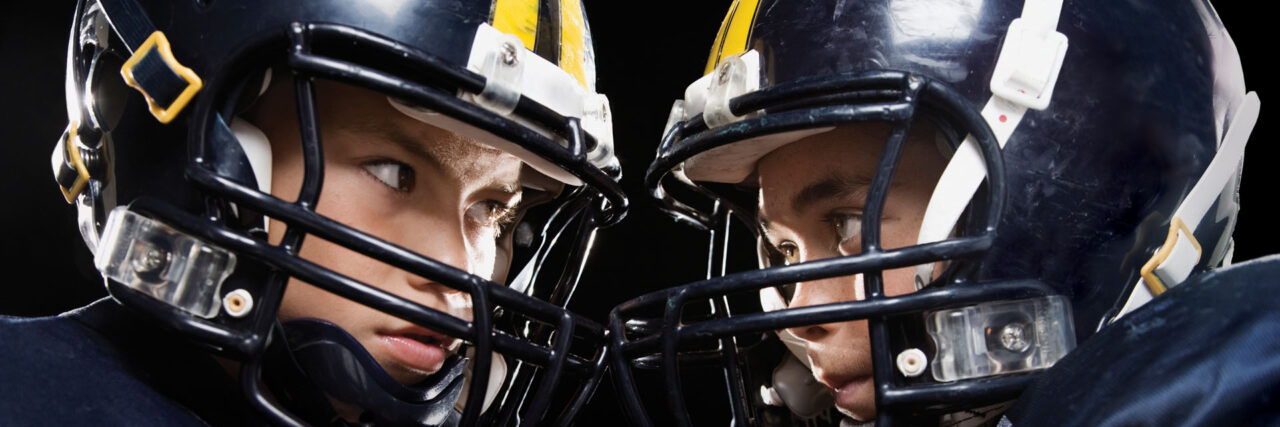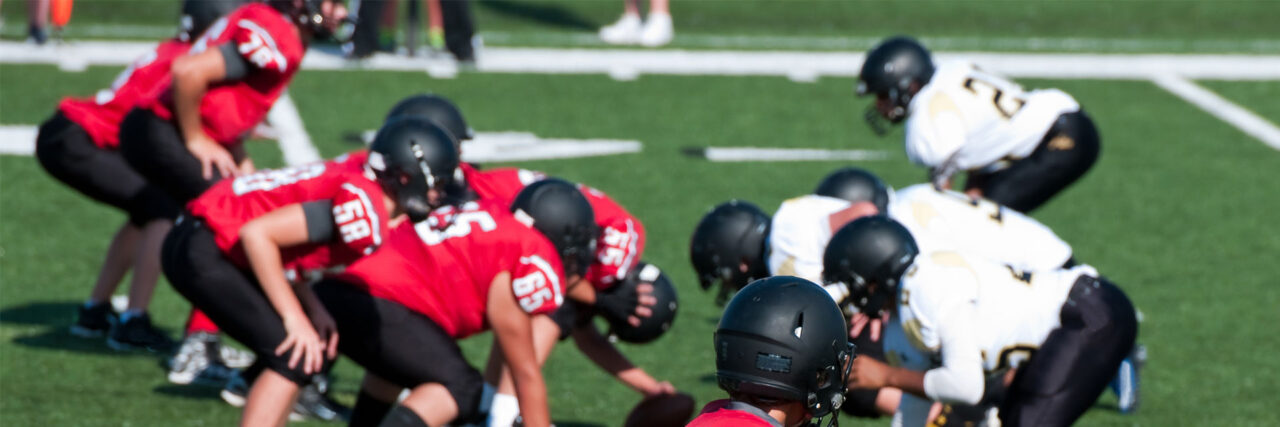February 9th, 2017
Skating Injuries: Five Risks and Five Safety Tips

There are numerous serious risks to consider when ice skating this winter; here are common risks and precautionary tips to prevent skating injuries.
The temperature on the thermometer is dropping and snow flurries are starting to fall. It’s time to dust off the hockey and figure skates that have been put in storage during the warmer months--it’s time to enjoy the winter weather and hit the ice.
Afterall, ice skating isn’t just for the winter Olympic professionals; people of all ages and abilities can enjoy this popular wintertime activity. Whether that means doing figure-eights in the community skating rink or playing a casual game of hockey, there are risks that are always present and problematic. Because most casual ice skaters are lacking the type of knowledge and training of those aforementioned Olympic professionals, they aren’t familiar with the types of skating injuries that may occur during ice skating, or the safety measures they could take to reduce the risk of skating injuries.
Ice Skating Injuries
Approximately 50,000 people suffered ice skating injuries in 2015. That includes both figure skating injuries and hockey skating injuries. These skating injuries statistics demonstrate the dangerous nature of ice skating; while less skating injuries occur than skiing injuries (skiing is the most dangerous winter sport), the risks associated with ice skating ought to be taken seriously. The best thing you can do to stay safe is to be informed and cautious. Consider these following risks and safety tips.
Five Key Skating Injuries Risks
Ankle Sprains & Fractures
The intense weight and pressure placed upon the ankles during skating activity makes them susceptible to sprains and fractures. Ankle skating injuries caused by stress may include damage to the peroneal and tibialis anterior muscles.Head Injuries
When a loss of balance or control occurs, head injuries are a common and serious consequence. The ice surface is very dangerous as there is no cushion against impact. These skating injuries may include concussions or other traumatic brain injuries.ACL Tears
The anterior cruciate ligament (ACL) runs diagonally through the middle of the knee and provides rotational stability. A traumatic injury, such as those commonly sustained during ice skating, can cause a tear of the ACL or surrounding menisci.Lacerations
Sharp blades. Hard ice. Speed and precise movements. These combined factors put ice skaters at risk of lacerations of varying degrees of severity.Hand and Wrist Injuries
When we experience a slip or fall, our immediate instinct is to put our hands out to catch ourselves--which is good, because it protects the more important head and face. But it can also result in serious injury to the hand or wrist from the force of the impact.
Four Key Skating Injuries Safety Tips
Proper Equipment
Many of the orthopedic skating injuries that are commonly suffered can be prevented by simply wearing proper equipment; that may include padding, helmets, and--of course--quality skates.Proper Fit
Skates that do not fit properly contribute to a high number of skating injuries; they may cause stress to bones, muscles, and ligaments, as well as imbalance.Warm Up Thoroughly
Cold muscles and ligaments are more brittle and prone to tears and injury. Warming up can help to loosen your muscles, tendons, and ligaments and help to prevent tears.Avoid Extreme Exposure
Wear adequately warm clothing--thick layers and a waterproof shell. And pay attention to changing weather. If you start to feel uncomfortable or chilled, it’s time to end your activity and return to warm shelter.
Be sure to keep these risks and precautionary tips in mind the next time you go ice skating; they can help to prevent serious skating injuries. If an injury does occur, Rothman Orthopaedics can offer the most effective treatment plans available. We have extensive experience treating winter sports injuries; to speak with a specialist or to schedule an examination, visit us hereor contact us at 1-800-321-9999.














